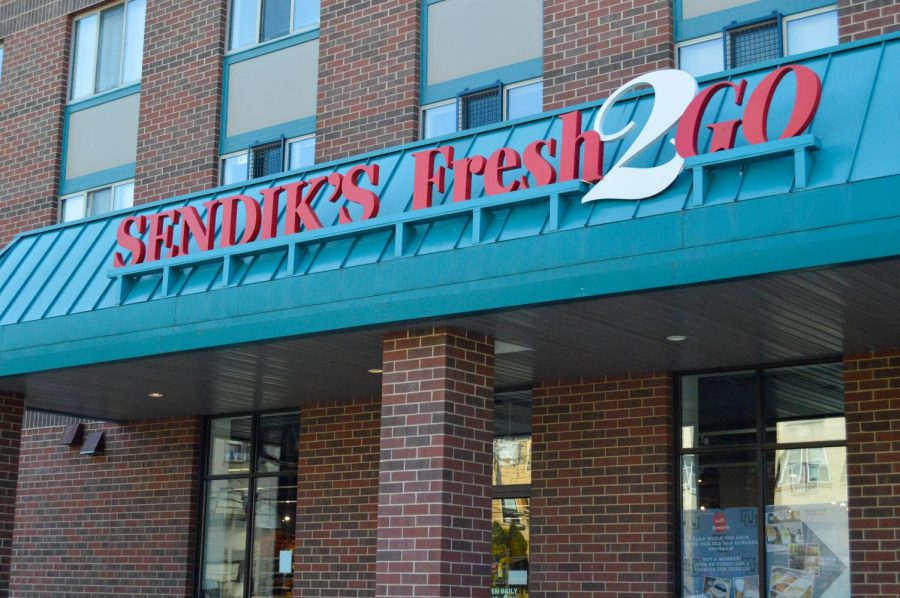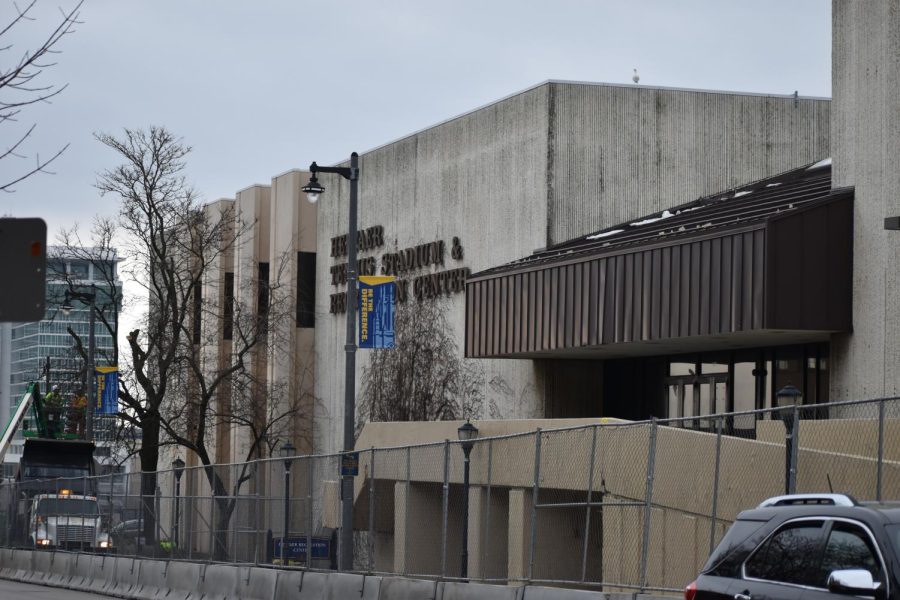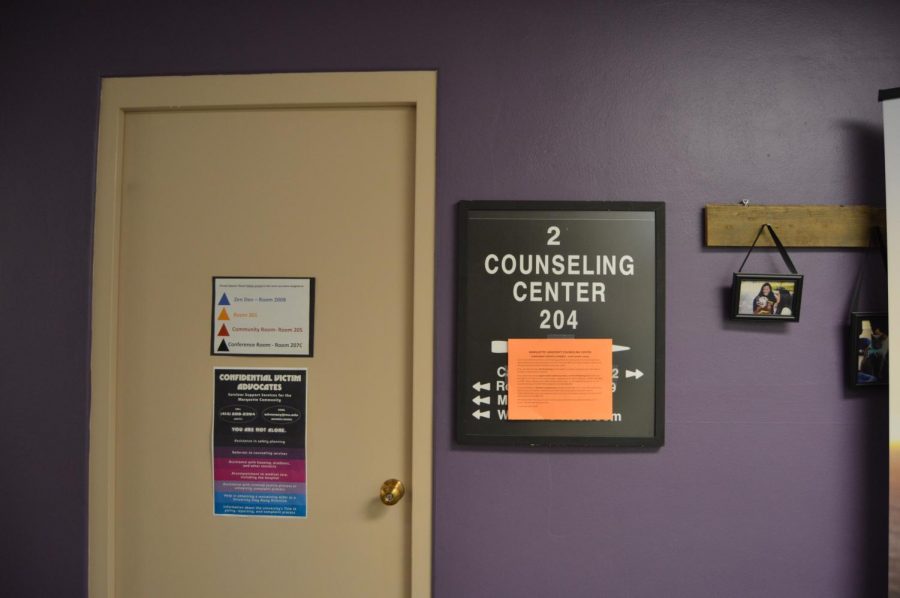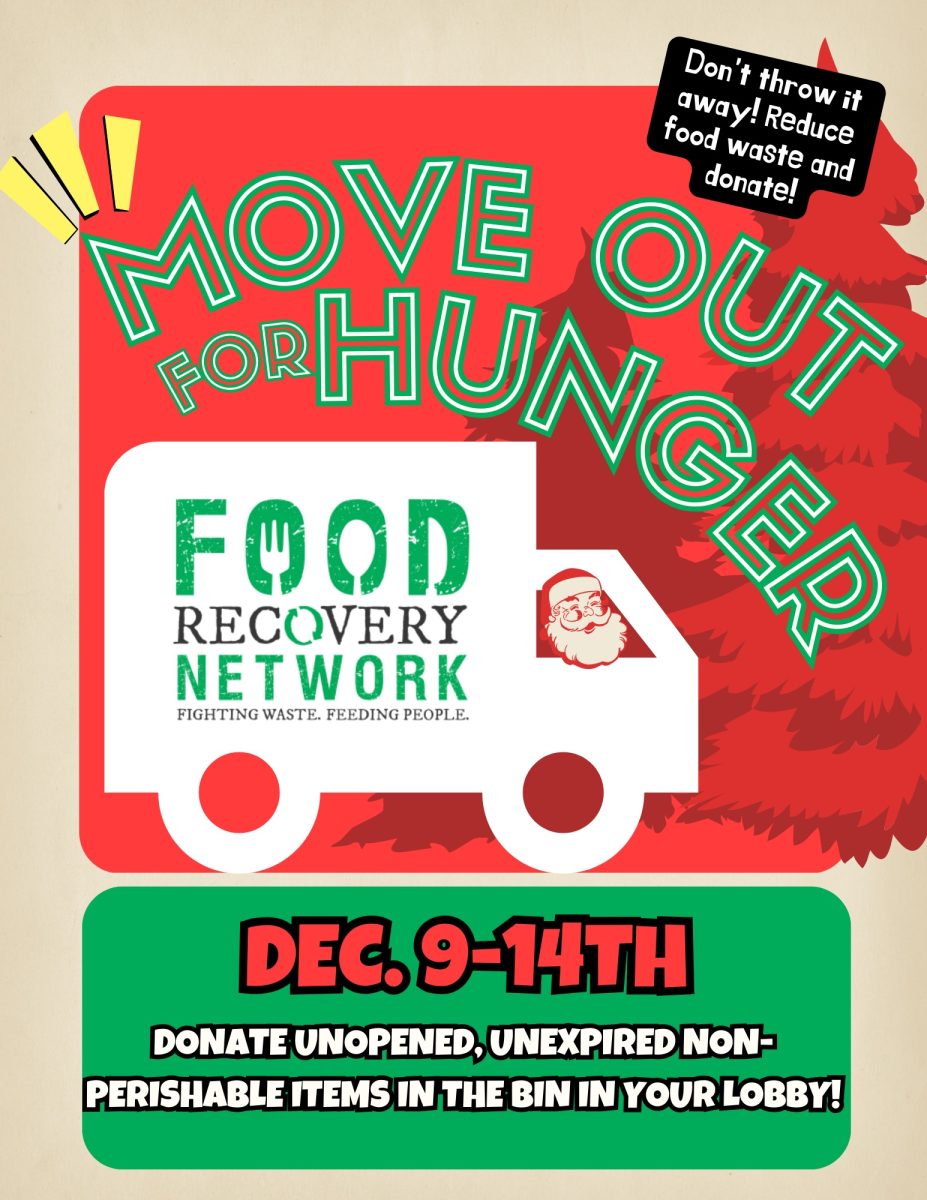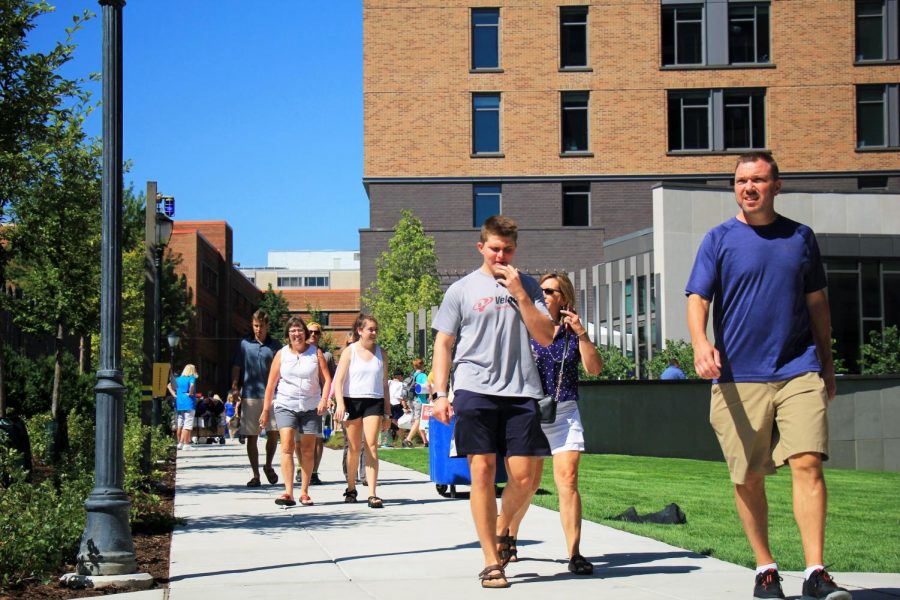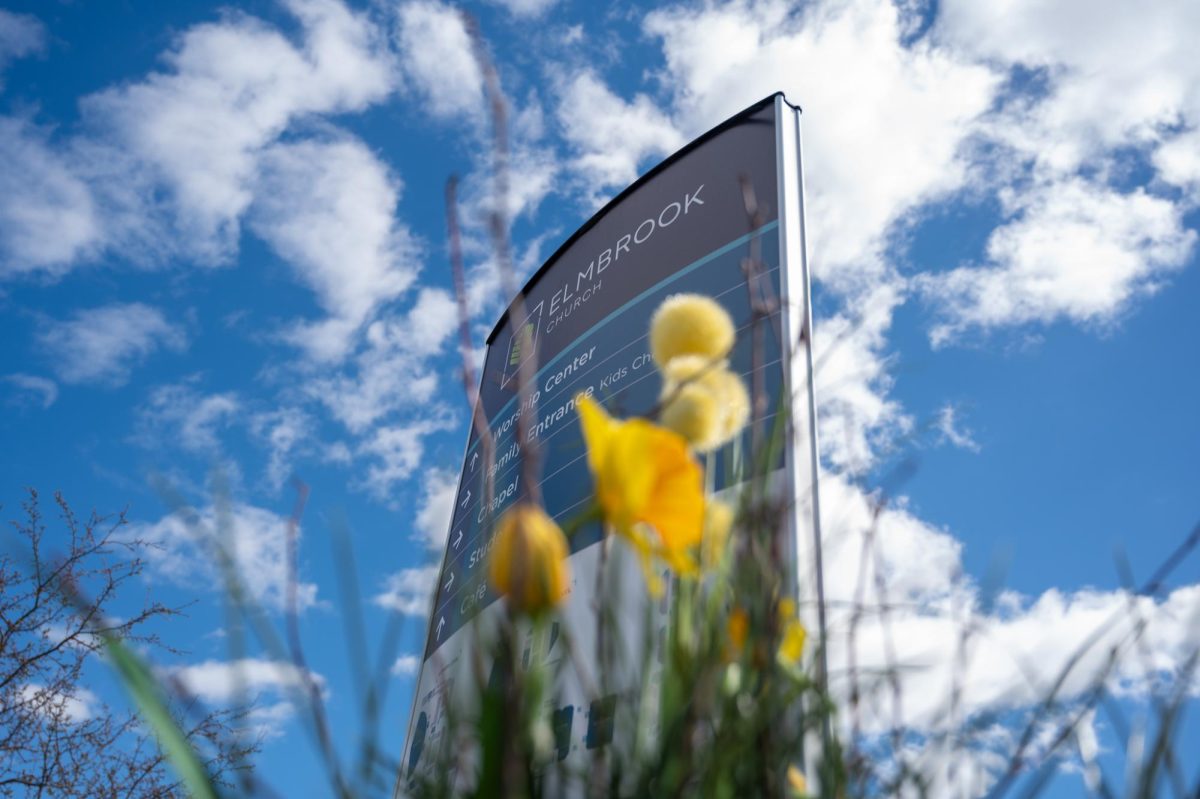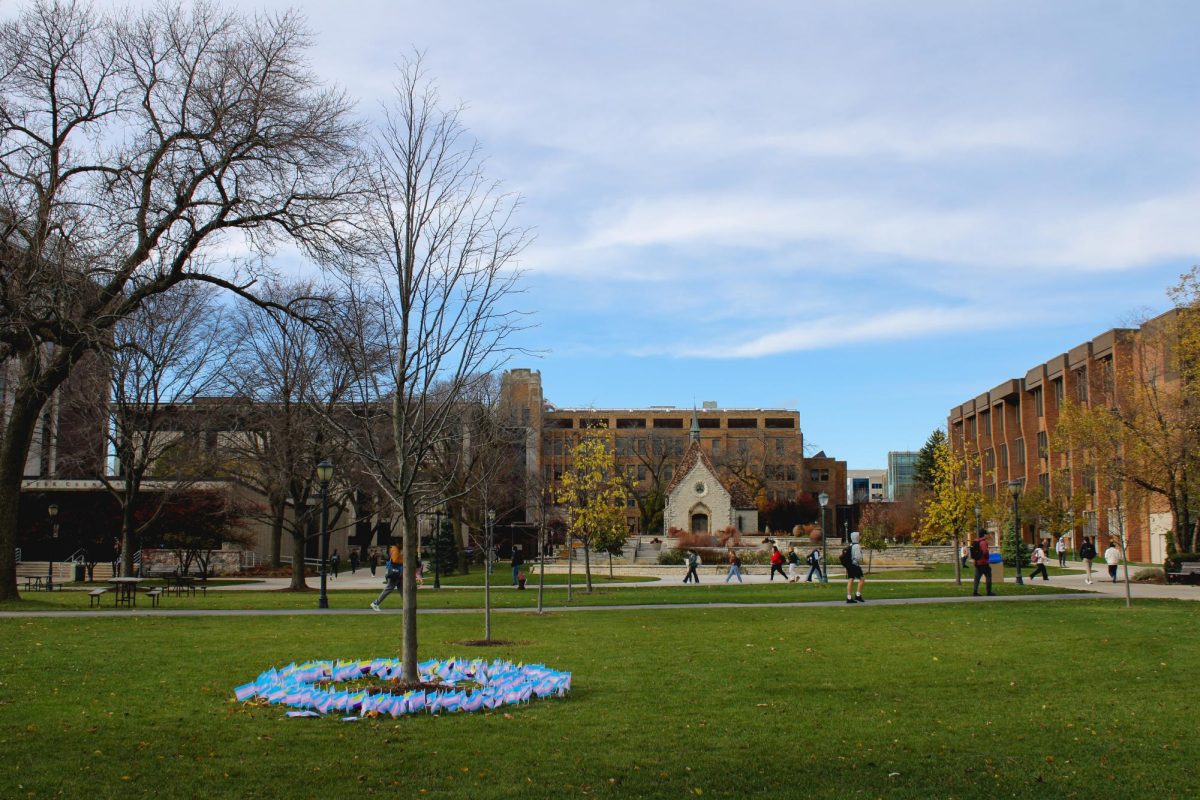Marquette University must make more efforts to ensure that students and members of the Milwaukee community have access to affordable and healthy food options near campus.
Hunger and access to food is a pressing issue in the United States. According to the United States Department of Agriculture, someone experiencing food insecurity, or very low food security has “… multiple indications of disrupted eating patterns and reduced food intake.” Additionally, according to the USDA’s 2020 “Household Food Insecurity in the United States” report, 38 million Americans experienced hunger last year.
Unfortunately, the reality of hunger is also very prevalent in Milwaukee.
According to Feeding Wisconsin, a local food distribution organization, the greater Milwaukee area — that encompasses the city of Milwaukee and the majority of Milwaukee County — 22.1% of the population, or approximately 157,890 people, experienced food insecurity in 2018.
In comparison to other areas in Wisconsin, which experienced a 9.9% to 12.2% food insecurity rate, the Milwaukee area had the highest percentage of food-insecure Wisconsin residents in 2018, even though it didn’t have the highest population.
Additionally, with the challenges in the last year and half due to the COVID-19 pandemic, food insecurity has increased across the country, with more than 42 million people possibly experiencing food insecurity due to the COVID-19 pandemic, according to Feeding America.
Access to healthy and affordable food options should be a right.
Gaining access to healthy and affordable food options is a challenge for many Milwaukee residents and Marquette students, and the university should play a bigger role in assisting them.
Marquette is located in the Avenues West neighborhood in Milwaukee. Directly on Marquette’s campus, there is a Sendik’s Fresh2Go on 16th Street that was built in 2017.
“For many years, Marquette and NWSP (Near West Side Partners) had been having conversations with multiple grocers about opening a location on campus to serve the campus community and the Near West Side,” Kelsey Otero, associate director of social innovation at the Office of Research and Innovation at Marquette, said in an email.
“As a local, family-owned business, Sendik’s is committed to Milwaukee and providing access to fresh foods, which has made them a great partner. Sendik’s has truly become a part of the University and the fabric of our community.”
Otero also said that Sendik’s gave free breakfast to students on the first day of fall classes.
While offering students breakfast is a generous gesture, this may not be enough.
Otero said there are two other grocery stores in the nearby area, Mo’s Food Market on Clybourn Street and the Market AB Asian Food near 27th Street and Vliet Street.
“Additionally, we (Near West Side Partners) have worked with convenience stores in the area to incorporate more fresh foods and launched a successful farmers market on Vliet Street, called the Vliet Street Oasis Market,” Otero said in an email.
These are beneficial initiatives to support the Milwaukee community, and the university should continue taking similar actions to address food insecurity.
Food insecurity not only exists in the Milwaukee community but also within the Marquette student population as well.
According to a 2018 study, one in five students reported experiencing food insecurity in the past school year. Of students who were surveyed in the study, nearly two-thirds of the students didn’t have a dining hall plan.
This may be because some students, especially juniors and seniors, cannot afford to have a meal plan. For the fall 2021 semester, the meal plan costs $2430 for students. First-year students and sophomores are required to have the Anytime Dining meal plan, which is built into the cost of residence hall payments.
The only other meal plan option for Marquette students is the commuter plan, which is 50 swipes, or about three swipes per week, and currently costs $450 per semester.
Marquette students who cannot afford the university meal plans may need more flexible options than an Anytime Dining meal plan or a 50-swipe plan.
Additionally, junior and senior students who do not have the meal plan may have a difficult time adjusting to securing food for themselves. This is exacerbated by the lack of close and affordable options to go grocery shopping.
Securing healthy food may also be difficult for students if they do not have cars on campus, as there are only three stores that sell groceries near campus. This makes establishing more affordable food options especially important.
To aid students who are experiencing food insecurity on Marquette’s campus, there is the Backpack Program, which provides free and confidential services to students. This is a beneficial service to students, considering that food insecurity is still very stigmatized in society.
There is still so much more to be done to address food insecurity on and near campus.
To follow through with its Jesuit values of “cura personalis” and being men and women for others, Marquette should play a bigger role in ensuring that right for Milwaukee community members and students.
Editorial topics by the Marquette Wire are decided at weekly meetings between members of the executive board. The editorial is crafted with leadership by the executive opinions editor. The executive board consists of the executive director of the Wire, managing editor of the Marquette Tribune, managing editor of the Marquette Journal, general manager of MUTV, general manager of MUR and ten additional top editors across the organization.

